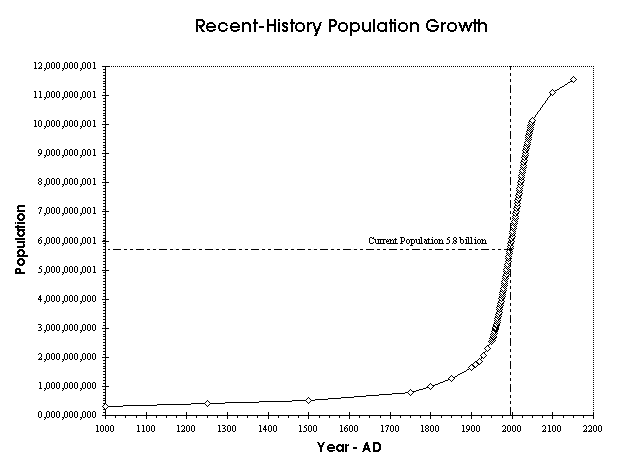I oscillate between having complete
faith in humanity, and believing we are entirely hopeless. This project,
unfortunately, has enforced the latter. I tried, as I went into this topic, to
have an open, non-biased take on the argument about “what is progress,” but
have found myself utterly and vehemently opposed to the way things are and have
been since the 20th century. As a result of my research on Frontiers of the Future and Eating Animals, and further backed by Into the Wild, I have become ever more
certain that our human progress drags us increasingly, interminably,
incomprehensibly far from nature.
With the arguments laid out about
the state of American Progress in 1937 by Lowell Thomas, I entered this project
with a heightened understanding of the discovery-driven nature of my people.
The video suggests that Americans were, at the time, an intelligent nation
filled with scientists and engineers, always on the pursuit of innovation and
breakthrough. Having explored the physical bounds of the continental U.S.,
Thomas states that “The frontiers of the future are not on any map; they are in
the minds of men, and in the test tubes and laboratories of the great
industries we have built up here in America” (National Industrial Counsel
1937). Thomas appears to imply that mankind has moved beyond the bounds that
nature has constructed for us, and it is rather time to explore the apparently
limitless facets of our human mind. Herein we not only see the characteristic
American Exceptionalism that drives so much of our politics today, we also see
a flamboyantly hefty claim that progress must be separate from nature.
Now, having identified a rift
between technology and the natural world, the contents of my claim become
possible to support. Among his other now-concerning statements, Lowell Thomas
maintains that “in coal, we have found the colors of the rainbow and the
perfume of nature’s sweetest flowers” (National Industrial Counsel). We know
now, of course, that coal scars the natural landscape, creates smog and emits
greenhouse gases into the atmosphere; and that is research that has only
recently become provable. More important - and more concerning - is the lack of
concern for the possible consequences of using a new material. It appears that
when the profitable nature of coal was discovered, the possible problems and
limiting factors were entirely ignored. Humans have a tendency to act first,
analyze later, and in this example we suffered for it. Interestingly enough,
even Chris McCandless, who died fighting for his liberation from the Taker ways
of our species, shot a moose before he realized that he had no idea what to do
with it. In many ways, Chris embodied the archetype of rash human actions
without mind for consequence, and perished in a (MAN-MADE) bus because of it.
Finally, Eating Animals describes the
appalling production of animals for the benefit not only of natural ‘survival,’
but for the benefit of the economy. The current trend among American eating is
that we must produce without regard for the well-being of that which we consume.
We go so far as to manipulate the lighting in a chicken factory farm in order
to biologically trick the chickens into thinking it is springtime (i.e.
egg-laying time) (Safran Foer 59). Our ‘ingenious’ use of technology allows us
to produce more, faster, for cheaper. This is wrong. This is unnatural.
Lowell Thomas, Chris McCandless
and Jonathan Safran Foer all show us that our human desire to explore and
innovate and produce is incompatible with the simplistic, thoughtful natural
world. KFC is the enemy of the chicken. Progress is the enemy of nature.
My Role in the
Project
My role in this project was taking
notes on Into the Wild, Eating Animals, and Frontiers of the Future. I spent a significant chunk of time
analyzing these sources in relation to each other, making connections between
them. I admit I have read Eating Animals
in the past, but I still spent time skimming through to find text examples of
appalling examples of technology use and interesting insights to the American
eating habits. Reading this story a second time helped to remind me why I have
tried to reduce my consumption of meat, and made me interested in continuing to
do so in my college years, when I have more control over what I eat and how I
eat it.
Also, I wrote the section of the
rap that was “pro nature,” or more specifically that progress is bad for the
preservation of the natural world. I confess I greatly enjoy writing rhymes, I
find them entertaining in addition to being rather difficult. For next time, I
would ideally make the instructions for the project clearer; they were
eventually understandable when Mr. Wensman explained them a few times, but on
paper they were tricky. In general I find group projects difficult because
everyone has their own work habits, but in this case my group managed to divide
our topic up into separate pieces that we could put together at the end.
Overall, I felt like I got a lot
out of researching this topic with regards to the texts, but I wish there could
have a been a little more time so it wasn’t quite so rushed.
Works Cited
· Foer, Jonathan Safran. Eating animals. New York:
Little, Brown and Company, 2009. Print.
Frontiers of the Future. Dir. Lowell Thomas. Perf. Lowell Thomas. Prelinger Archives, 1937.
Film.
Krakauer, Jon. Into the wild. New York: Anchor
Books, 1997. Print.



